Ghana
Ghana’s President Nana Akufo-Addo on Wednesday January 17 said, the country’s economy is rebounding and the major commodity exporter is poised to wean itself off bailouts through sustained fiscal discipline and a battle against corruption.
The former opposition leader, sworn into office a year ago, said his government spent the past year stabilizing the economy, including clearing huge debts while rolling out infrastructure such as schools and roads.
He also highlighted his government’s achievements in making secondary school education free for all.
Akufo-Addo said it was one of many steps towards building a more capable workforce to take the economy further.
“We shall work systematically to solve the problem, not just to the Senior High School, but from the kindergarten to the Junior High Schools as well. We shall put greater emphasis on technical, agricultural and vocational training and skills training in general. We have no choice but to educate and train our workforce to match the needs of the modern economy of the 21st century. This is only possible if we prioritize and accelerate the development and application of science, technology and innovation and also develop the capacity to design and manufacture machines, parts and tools for ourselves,” he told reporters.
GDP growth in the West African state rebounded to 9.3 percent in Q3 2017 from 3.5 percent in the same period of 2016.
Akufo-Addo said the government saved about $7 billion after reviewing power sector deals signed by his predecessor covering a 13-year contract. Eleven of the contracts had been terminated.
It also saved at least $200 million through value-for-money procurement reviews, he said, without giving details.
On the streets of Accra, the president got favourable reviews, mostly for scrapping fees for Senior High Schools (SHS). Residents also said they wanted to see more jobs and a drop in the cost of living.
“His achievement, free SHS is in place, there are challenges but if you take the step you address the challenges. So definitely they will address the challenges. Free SHS, he has done it, nurses training allowances, teacher training allowances, now the biggest challenge is creating jobs for the youth to access. So on that score, I will give him 8/10,” said Seth Opoku, an engineer.
“When it comes to utility bills and other stuff, you know light bills and… I think he has not improved on that, its not good but when we are talking of the SHS, you know I think from last year to this term its better because a lot of the parents are able to take care of their children to school because they are not paying the fees. So I think majority of the students have been in school for the time that Akufo-Addo has been President,” said Linda Fennin, an administrator.
Just a few years ago Ghana’s economy was one of Africa’s most dynamic, but it was hit hard starting in 2014 by a slump in global prices for its gold and oil exports.
A fiscal crisis saw inflation and the deficit rise sharply and the currency fall.
Akufo-Addo made several promises to turn the country around, including promises to improve sustainable agriculture by building a dam in every village to enable year-round farming.
“After a year in office, it will be fair to ask what frustrations and regrets if any, that I have? My answer will be, I wish we were had been able to do certain things much faster, every entire government machinery moves more quickly, because as I said, I’m in a hurry,” he told journalists.




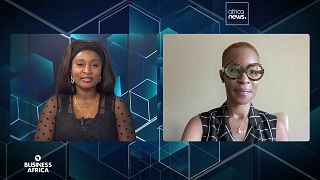
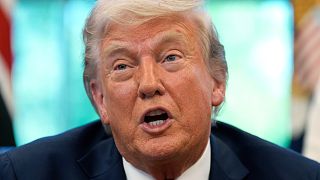
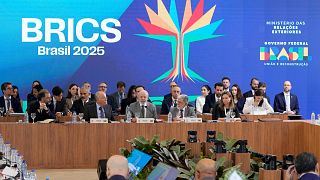
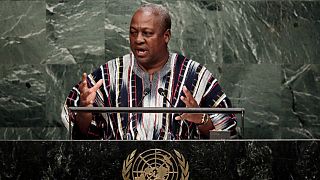
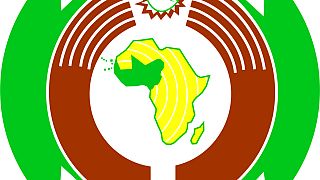
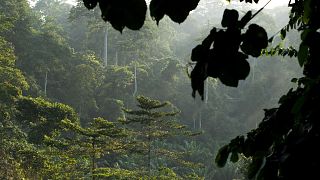
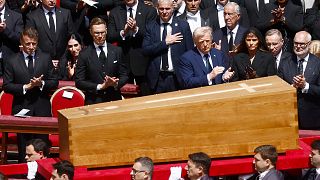
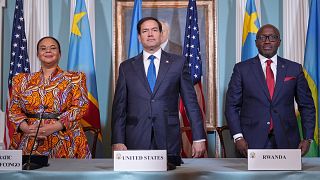
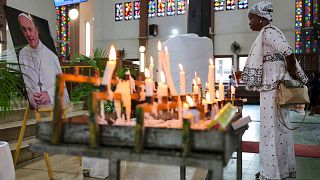
Go to video
Ghanaian Catholics gather for requiem mass in Accra in honour of Pope Francis
00:59
Namibia will offer free university education starting in 2026
Go to video
Sub-Saharan Africa’s economy set to rebound, but Jobs still a major hurdle
Go to video
Ghana: Tensions rise as chief justice Torkornoo suspended
00:49
Teachers strike shuts down schools across Cameroon
02:35
Sudanese Refugee Children Find Hope in Libyan School